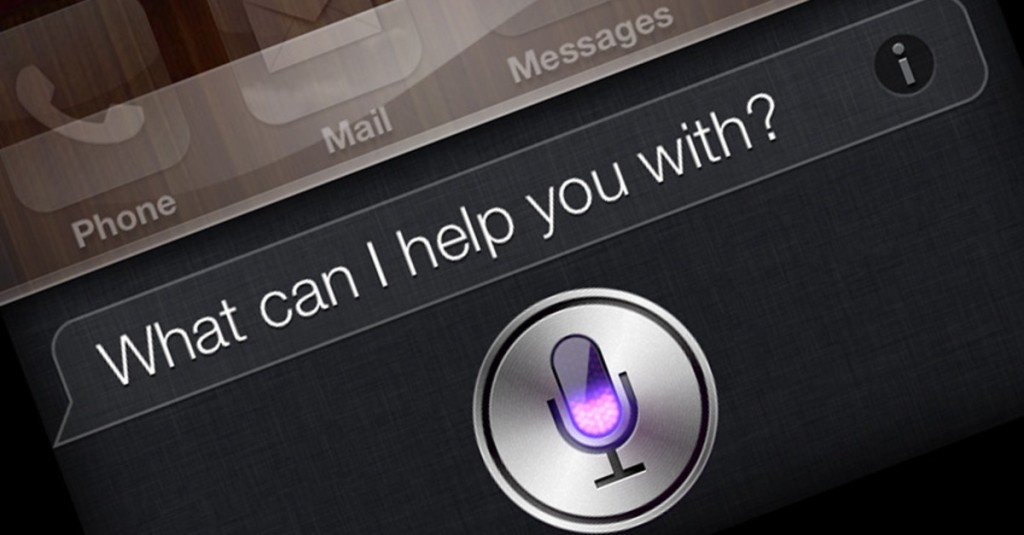Amazon Echo and the Future of Digital Privacy
Like every warm-blooded patriot of the Capitalism State, I own an Amazon Prime account. I vote, I pay taxes, I eat burgers, and I love the Boston Red Sox.
There are no less than 4 Amazon-driven devices in my house: FireTV, Kindle Whitepaper, Kindle Fire HD, and a Kindle Dash near the dryer. The thing is, that’s not enough. For them…or for my family.

Alexa, Amazon’s newest home device, is about the size of a Quaker Oats tin, a compact but noticeable black cylinder that has a voice and listens to your every command. It’s a smart-speaker. It helps you play music when you want it, control lighting, remember appointments, and of course, place an order for something you’ve previously bought. It’s all very convenient, and it’s all very sinister too. Let me explain.
Imagine if you’re a company as large, as powerful, and as consumer-driven as Amazon. With limited exception, you don’t produce much actual product. Primarily, you facilitate. You’re a services company. You are driven by how many people prefer to use you over something else. You do everything you can, including anti-trust tactics to make sure that consumers do use you, your services, and your products. The only reason you care about devices, as much trouble to produce and maintain as physical things are, is because those devices are a delivery mechanism for your services. Nothing sinister so far, right? Well, then…
When some other company wants to sell a product that competes with one of yours, like the pre-installed browser wars of the 90s, you wisely preclude them from selling their device in your marketplace (tough luck., Chromecast). You bundle your services and products in such a way that it’s a no-brainer to the average consumer to ‘add-on’ their way through your ecosystem, many of them completely unaware of any other alternatives to what you offer.

As a consumer, you develop a relationship to the company that gives your kids something educational to do every day, entertains you in the evening, delivers you your household items and groceries, hosts your websites, connects your devices, standardizes your co-workers’ software delivery pipeline, and generally make your life easier. But make no mistake, when theirs is the first online account that you update after receiving a replacement credit card, they've got you right where they want you.
Yet still, all of that control over your consumer's lives isn't enough. You need more; you need to listen to every word their saying.
So you create a cultural monopoly.
Challenge: How do you get freedom-fighting citizens of a democracy such as the United States to voluntarily live in a surveillance state? Not through politics.
Solution: Through technology. Invent devices that include microphones and/or cameras as a critical component to the purpose of the device.
Result: People line up to sign away their liberty.
This should sound familiar. You already walk around with one on your person almost all day, every day. All major mobile phone platforms now have a feature for direct vocal interaction with its user. In many cases, this feature is enabled by default, which means that very easily your phone can be used as a surveillance device. Sadly, most people still think that their phone only listens to them when they ask it to. That is simply not the case, and I can prove it. Just hold up your Android with the feature turned on and, as if you were talking to a friend, say:
“I think it’s shameful, when I typed in the wrong thing to Google, then all of the sudden I was presented with a bunch of dildos”.
All Google hears is the last part of the sentence, and now it thinks you really like dildos. Lots of them. I'm not judging, it's just a thought experiment. It gets worse.
Imagine lawmakers who need to talk "in private" about how to deal with potential anti-trust activities that a company like Amazon is accused of committing. They’re talking over lunch, but one of them has a Fire Phone and this feature is turned on. It’s like Amazon has a way to live-stream private conversations, easily filtered and categorized by #Google because that’s how your device knows to listen up. We know other people have tried to do this nefariously. Imagine if you could do it legally?

Consider business owners talking privately about confidential stuff in their own home, with Alexa carefully listening to every word you and every other person in the room say. Your abode, your sanctuary, becomes a chapter from 1984, simply because you want an easy way to know what the afternoon weather will be like and you currently have dough on your hands
I find it strange that U.S. citizens get so angry when they are presented with facts on how the NSA has “secretly” listened to civilian conversations under the auspices of the Patriot Act and existing wiretapping procedures, but the same people line up at Apple stores for days when it’s something that brings them any marginal potential to simplify their lives. People will pass reforms before they even think about how traditional laws mean nothing to technology without formal transparency measures in place. They hastily scroll to the “ACCEPT” button at the bottom of a EULA that egregiously violates their digital human rights, and then are disappointed when the “convenience” factor isn’t up to their overblown expectations.
By them I mean me. I grew up with Asimov in one ear and Philip Dick in the other. Judgement Day was inevitable. Zero-One, the Machine City, was impenetrable. So I have a healthy dose of skepticism about pervasive technology and artificial value.

But I also hope to see a world that works for me, not against me. I want my kids to grow up in an age where every new technology doesn’t automatically infer a forfeit of privacy and freedom. I want to know, not just feel, like better technology is a good thing, and I'm willing to pay for it, just not with my digital liberties. Me and my family are not royalty-free content, regardless of what our legal system lets tech startups get away with.
I think we can do it, but it will take an ethical shift in how tech companies maintain responsibility and transparency in their use of user data. Something like a report from an independent 3rd party audit that details exactly what the company is doing with data points they collect about their users, activity, and reselling that data. That would certainly light a fire under SaaS-hole startups and enterprises alike to not be creepy. I don’t think they’d like that thought. Amazon, Google, IBM, Facebook, Twitter…they’d all send their best lobbyists.
How would you change this dynamic, the politics of digital privacy, and the inevitable impact of technology on your home life?




